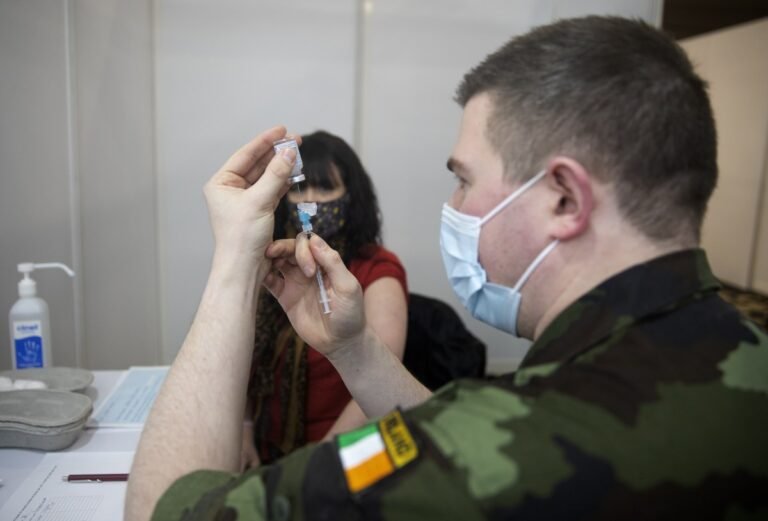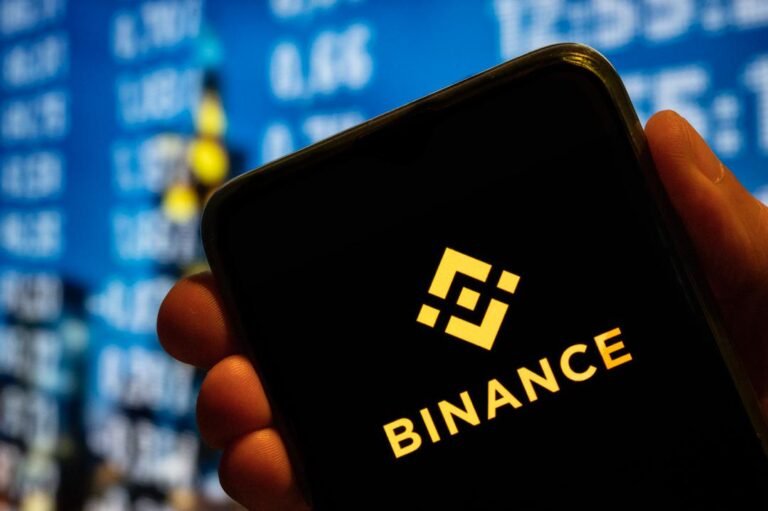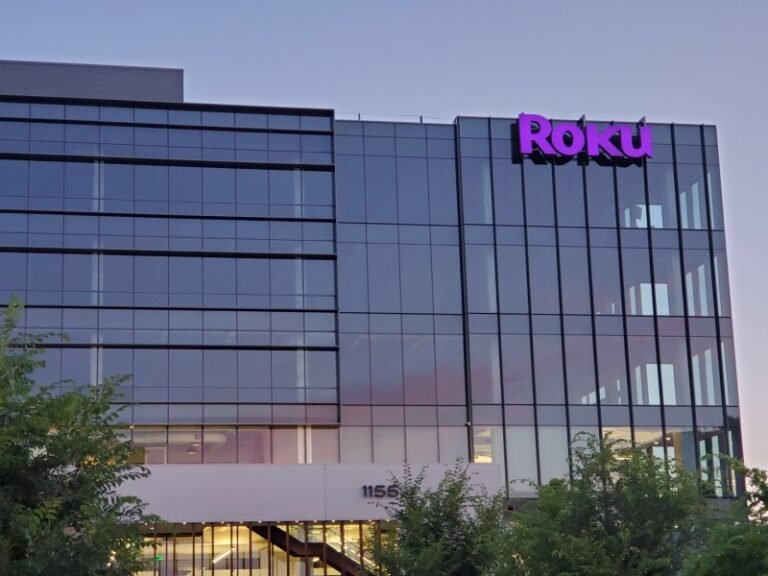
YouTube is now requiring creators to disclose to viewers when realistic content was made with AI, the company announced on Monday.
YouTube says the new policy doesn’t require creators to disclose content that is clearly unrealistic or animated, such as someone riding a unicorn through a fantastical world.
It also isn’t requiring creators to disclose content that used generative AI for production assistance, like generating scripts or automatic captions.
They will also have to disclose content that alters the footage of real events or places, such as making it seem as though a real building caught on fire.
Creators will also have to disclose when they have generated realistic scenes of fictional major events, like a tornado moving toward a real town.

A bug in an Irish government website that exposed COVID-19 vaccination records took two years to publicly discloseThe Irish government fixed a vulnerability two years ago in its national COVID-19 vaccination portal that exposed the vaccination records of around a million residents.
But details of the vulnerability weren’t revealed until this week after attempts to coordinate public disclosure with the government agency stalled and ended.
Security researcher Aaron Costello said he discovered the vulnerability in the COVID-19 vaccination portal run by the Irish Health Service Executive (HSE) in December 2021, a year after mass vaccinations against COVID-19 began in Ireland.
Costello’s public disclosure marks more than two years since first reporting the vulnerability.
His blog post included a multi-year timeline revealing a back and forth between various government departments that were unwilling to take claim to public disclosure.

Nigeria is actively seeking information from Binance regarding its top 100 users in the country and all transaction history spanning the past six months, according to a Financial Times report.
As a result, the detained executives may allegedly face charges related to currency manipulation, tax evasion, and illegal operations, per a Bloomberg report.
FT says Nigeria’s anti-corruption agency was granted permission to detain both Binance executives for 14 days, which concluded on Tuesday; there’s a proposed hearing to extend the court order scheduled for Wednesday.
Nigeria’s request for Binance’s top users in the country is a focal point in negotiations between the largest crypto platform and the top African crypto market.
Meanwhile, documents reviewed by FT reveal that Nigeria, through its national security adviser, has requested that Binance address any outstanding tax liabilities.

Last year the Commission released some documents relating to its exchanges with the company in question but denied access to others.
But EU legislation is a three way affair — requiring buy in from the Commission and Council, too.
Here’s the statement, attributed to European Commission spokesperson for Home Affairs, Anitta Hipper:The Commission will provide access to documents as appropriate and within our legal framework.
Specifically, as regards the Ombudsman recommendation, the Commission will carefully consider the recommendation of the Ombudsman.
We reached out to Thorn but it did not respond to a request for comment about the ombudsman’s inquiry.

YouTube is updating its harassment and cyberbullying policies to clamp down on content that “realistically simulates” deceased minors or victims of deadly or violent events describing their death.
The policy change comes as some true crime content creators have been using AI to recreate the likeness of deceased or missing children.
In these disturbing instances, people are using AI to give these child victims of high profile cases a childlike “voice” to describe their deaths.
In recent months, content creators have used AI to narrate numerous high-profile cases including the abduction and death of British two-year-old James Bulger, as reported by the Washington Post.
TikTok’s policy allows it to take down realistic AI images that aren’t disclosed.

The collapse of Silicon Valley Bank has raised eyebrows not just because it was a large, publicly traded company, but also because Roku and other startups have sizable amounts of…









